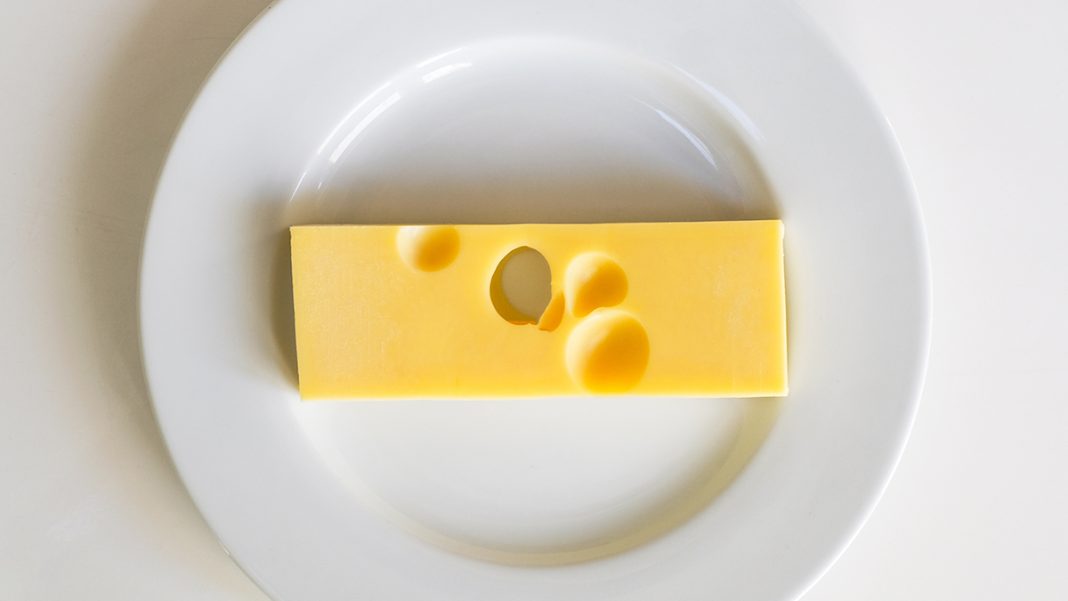Ah, cheese. The creamy, crumbly, tangy, delightful indulgence that graces charcuterie boards, melts into perfect grilled sandwiches, and elevates countless meals. For many of us, it’s not just a food; it’s a love language. But what if this delicious affection came with a whispered warning? What if your deep, unwavering love for cheddar, brie, or gouda was subtly signaling something ominous about your brain health?
The internet, being the curious beast it is, periodically throws up questions that make us pause our cheesy snacking mid-bite. One such question, swirling around recent online discourse, asks: “Could your love for cheese reveal your dementia risk?” It’s a thought that sounds outlandish, even a little absurd, but in an age where every bite is scrutinized for its health implications, it’s worth a closer, human look.
The Echo Chamber’s Question: Where Did This Idea Come From?
The notion that cheese might be linked to dementia isn’t just a random viral fever dream. Like many diet-related anxieties, it likely stems from a kernel of scientific research, often then exaggerated or misinterpreted as it travels across various platforms. There have been studies, notably one from the UK Biobank, that looked at the dietary habits of hundreds of thousands of people and their cognitive function.
What did that specific study actually find? Interestingly, it suggested that daily consumption of cheese was associated with a lower risk of cognitive decline. Yes, you read that right: lower risk. So, how did this positive finding twist into a cautionary tale? Often, sensational headlines pick out isolated aspects (e.g., “Food X linked to brain health”) without conveying the nuance, direction, or strength of the association. Or, perhaps, a general concern about saturated fats in some cheeses gets conflated with specific brain outcomes without proper context.
Beyond the Headlines: What Science Really Tells Us
The truth about diet and brain health is rarely simple. It’s almost never about a single food item being a hero or a villain. Instead, it’s about patterns, overall nutrient intake, genetics, lifestyle, and a myriad of other factors.
Cheese, in its various forms, offers calcium, protein, and some B vitamins. It can be a fermented food, potentially contributing to gut health, which is increasingly recognized for its connection to brain health. However, many cheeses can also be high in saturated fat and sodium. Excessive intake of these, in the context of an otherwise unhealthy diet, could contribute to cardiovascular issues, which are indeed risk factors for certain types of dementia.
But attributing dementia risk directly to a love for cheese is a massive leap. “Our brains are incredibly complex, and their health is a product of so many interacting factors,” says Dr. Anya Sharma, a simulated nutritional neuroscientist. “To pinpoint one food, especially one as varied as cheese, as a direct indicator of dementia risk, would be an oversimplification that misses the forest for a single, delicious tree.”
Think of it this way: a Mediterranean diet, often lauded for its brain-protective qualities, isn’t about avoiding cheese entirely; it’s about moderation, balance, and prioritizing whole, unprocessed foods. It’s about eating plenty of vegetables, fruits, whole grains, healthy fats, and lean proteins, with foods like cheese enjoyed in smaller quantities, as part of a larger, beneficial pattern.
Conclusion: Savor Your Cheese, But Savor Wisely
So, can your love for cheese reveal your dementia risk? The evidence overwhelmingly suggests: no, not in any direct or concerning way. A passionate appreciation for Camembert doesn’t automatically mean your memory is on the fritz. What matters far more is your overall dietary pattern, your physical activity levels, sleep quality, social engagement, and genetic predispositions.
Instead of worrying that your parmesan habit is sabotaging your brain, focus on balance. Enjoy your cheese – mindfully, perhaps in moderation, and as part of a varied diet rich in plant-based foods. Pair it with apples, nuts, or whole-grain crackers. Let it be a source of joy and flavor, not a harbinger of doom. Your brain, much like your taste buds, thrives on a balanced, well-nourished life, not on fear of a delicious dairy product.
—




